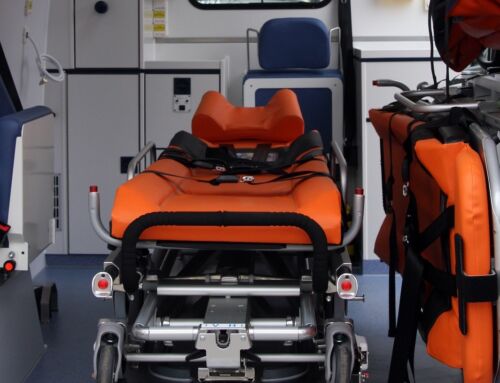Expert witnesses are common in civil cases, especially in cases of personal injury. These experts can vary, from doctors, to accident experts, to weather experts. All these people can contribute to the theory of a case, and can help attorneys prove their argument or disprove the argument of the other side. These experts have several rules they have to abide by, as laid out in state and federal rules of evidence. Experts must be qualified as an expert, and they must not give a statement on their conclusion of the case. However, in federal courts, these rules could be getting some updates soon. What are they, and how will they affect expert witnesses in federal courts?
The first such amendment is known as the “Overstatement Amendment”. It would prevent expert witnesses from overstating the reliability of any scientific testing they do. It would force them to incorporate an error rate more often, and initially, as opposed to being asked about a potential error rate on cross-examination. This would affect civil and personal injury cases where expert witnesses have to use scientific testing to show the poor effects of a medication, or where more testing is required to prove the injuries the plaintiffs suffered. This amendment could lead to more defense verdicts, as it could potentially lead to an increase in juror distrust of certain evidence provided by expert witnesses.
Another proposed amendment is the “Evidentiary Standard Amendment”. This amendment would mean that evidence would have to be looked at in terms of its admissibility, rather than the weight of the evidence. This means that instead of looking at whether the evidence is more prejudicial or probative to the case, the evidence is looked at in terms of how good the facts and data are when it comes to a scientific or expert conclusion. This could cause issues because every expert witness has different tests. Many tests are well-accepted within many expert communities, but many tests may be different in terms of the facts and methods used to come to certain conclusions.
These amendments could change how expert witnesses are allowed to present their evidence in federal courts. State courts would remain the same but depending on how these amendments fair in the federal arena, they could eventually be adopted by state courts as well. It is important as well to determine how these amendments could affect civil cases in the federal court system.
These amendments cannot be overly burdensome to expert witnesses, because in many cases if the evidence is not allowed in, or there is a small but noticeable error rate, the jury may take a position favorable to defense attorneys and their positions. In many cases, plaintiffs need experts to prove more, especially in mass-tort cases involving some sort of medical malpractice.
Overall, these amendments to the Federal Rules of Evidence could cause changes in the reliability of expert witness testimony and its ability to be admitted into the record. If these changes do not cause major problems, however, look for them to be adopted at the state level.
Have You Been Injured in an Accident?
Contact the experienced attorneys at Hurst Limontes, LLC! We work hard for our clients to ensure they receive just compensation for their injuries, and our attorneys have decades of combined experience working on personal injury cases! Call or email us today for a free consultation!






